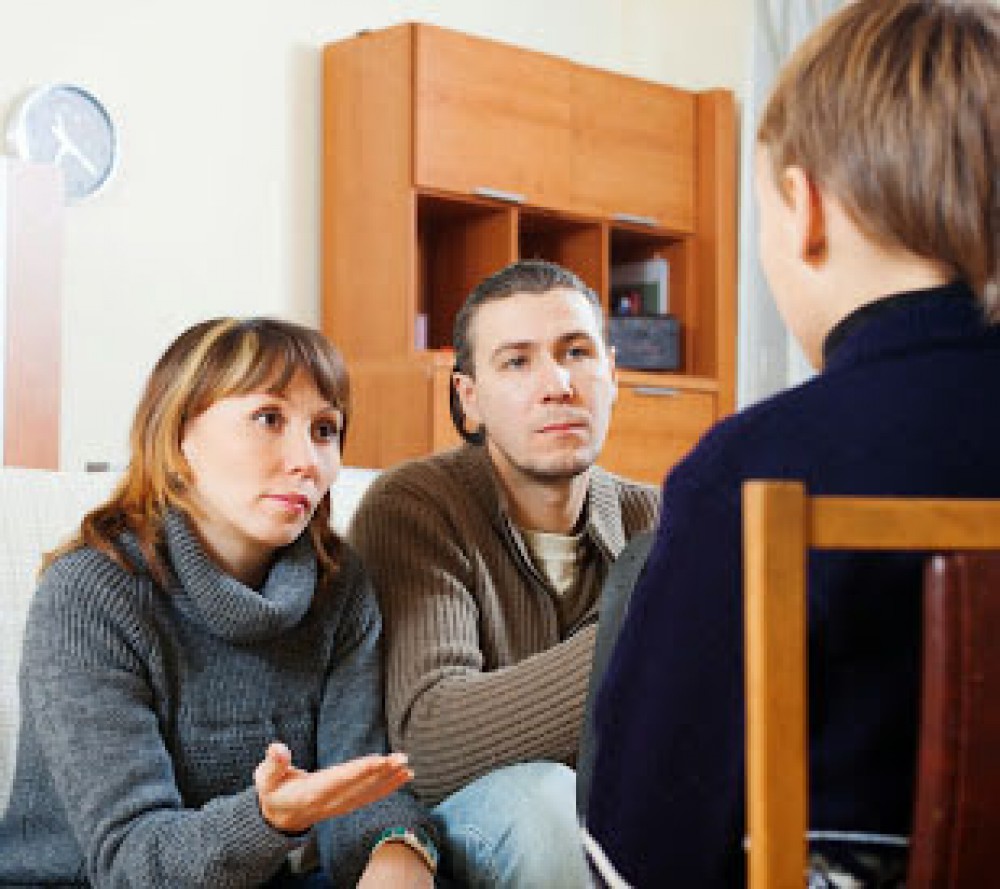How Ten Year Olds Handle Death
A family physician asked me the other day why a 10-year-old boy brought to her for an examination would not tell her that his father had just died.
“He was brought to me by his aunt who said he had been sick in the last few days,” the doctor said. “In the course of my examination of him, I asked him how he had been feeling and if there was anything unusual going on in his life. He just said that everything was all right. It was only later in talking to his very distraught mother that I learned that her husband was killed in an accident just two days before the appointment.”
The doctor’s question to me was simple: “Why wouldn’t he tell me that?”
This family physician is a maternal woman who prides herself on talking to her patients and being willing to listen to them. She didn’t think she asked the wrong questions, but she wondered if there wasn’t something diagnostic in his hiding of the fact of his father’s sudden death.
I told the doctor that she had to better understand 10-year-olds to get a sense of why he wouldn’t talk about his father’s death.
Ten is a fairly stable age in many respects — psychologically, socially, and intellectually. Many tens are happy, easy going, and balanced. They tend to be highly attuned to their peer group. And they relate to parents with compliance and submission to authority. They don’t often become angry, but when they do they don’t handle their angry feelings well. They can be quite explosive and even violent. They may look for ways to get even with someone who has wronged them.
While the ten is respectful to the authority of parents and adults, if he feels he’s been handled unfairly, watch out. He can get very angry at any adult who treats him unfairly.
However, it’s how children around the age of 10 handle the death of a parent that is most significant. Certainly, for all children the death of a parent is a highly stressful event. Most children of every age will experience grief, sadness, and even despair following the death of a parent.
Although tens use more logical thinking than younger children and they better understand cause and effect, yet they also tend to frequently use compartmentalization and distraction to deal with strong emotions. So, a ten year old, like the one my friend saw, can tuck his feelings of shock and grief over the death of his father in a corner of his brain, and not deal directly with it. That’s why he could deny anything unusual going on in his life.
When the physician asked him about his life, if he had broken down and cried, he would have later felt embarrassment. To avoid this embarrassing show of emotion, he compartmentalizes his feelings. That is, he immerses himself in school or sports, thinking about other things that interest him.
However, when he goes to the funeral and is confronted by the lifeless body of his father and the grief of his mother and sisters, he may no longer be able to hide what he’s feeling. In the doctor’s office, though, he was very adept at avoiding what may really have been overwhelming emotion and grief.
I told my friend she didn’t have to break through this with this boy – or the next ten-year-old she encounters. But she needs to be aware that children about this age still need to deal with their feelings, although it’s best that they do this in private or with someone they know and trust. Because preadolescents like this boy are subject to depression, the doctor needs to make sure in follow up visits that he is grieving in an appropriate way.
